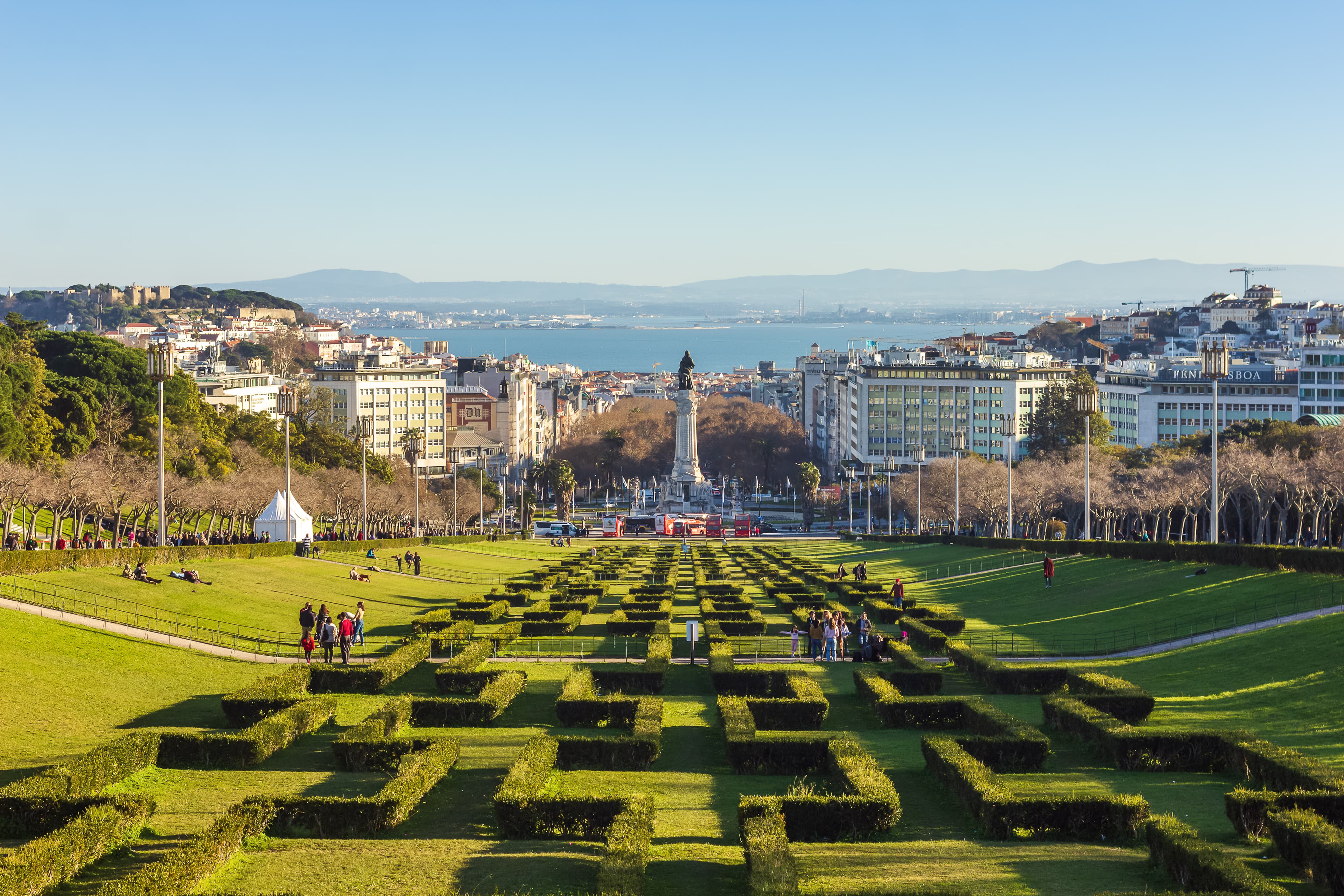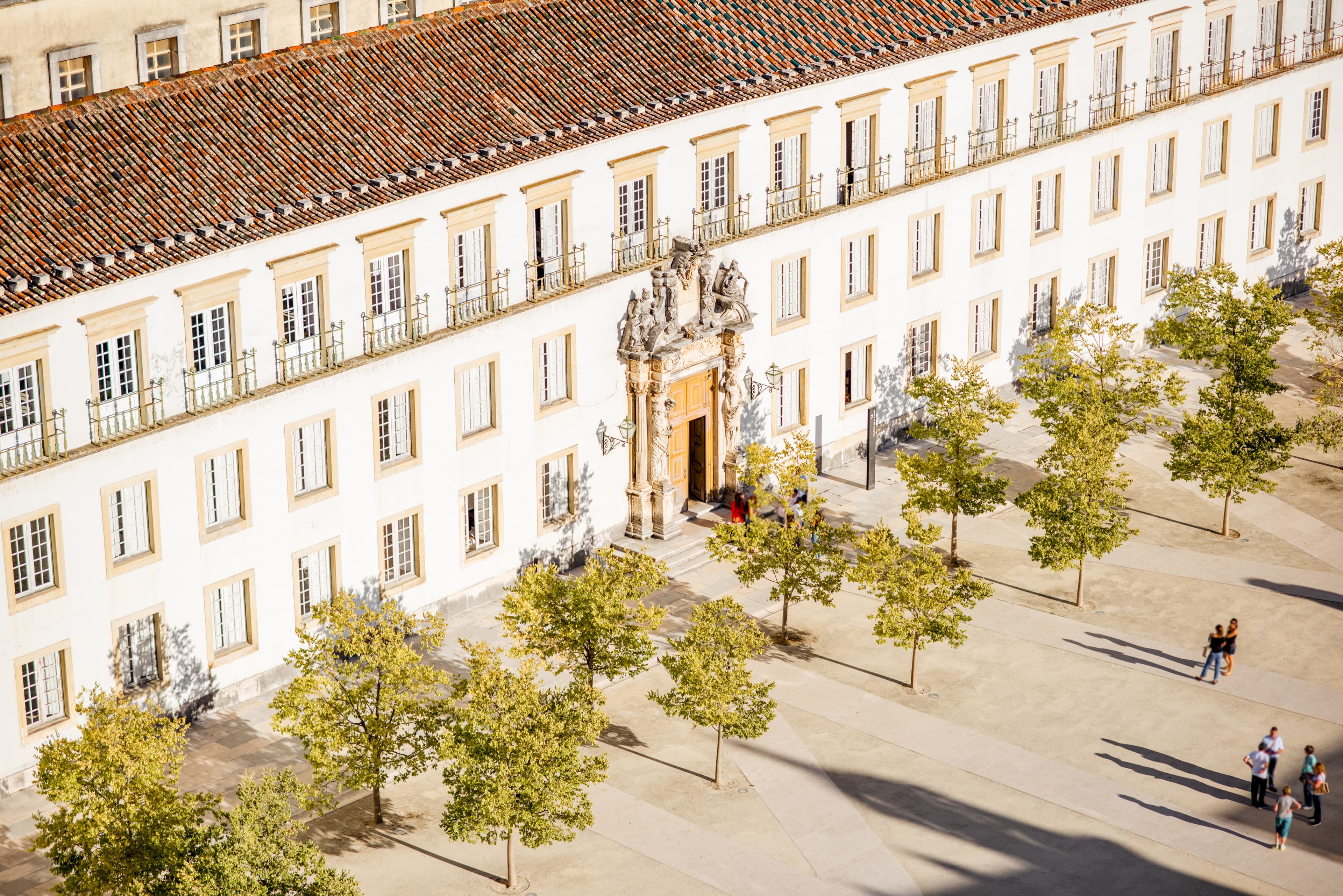Summary
State permission is required to live in the country. It is confirmed by the following documents: a residence permit, a permanent residence card or a citizen’s passport. We will tell you the opportunities each status brings and how to choose the right one.
How a residence permit, permanent residence and citizenship differ from a visa
A visa is the official way to go to another country for some time. Usually, a visa is obtained in advance, but there are exceptions. Some countries might allow foreigners with just a passport and others issue a visa at the airport.
The visa’s validity period is limited to a few days, weeks or months. For example, a Schengen visa, which gives you the right to enter the European Union, is valid for up to 90 days every six months.
Many clients of Immigrant Invest have faced inconveniences due to visa restrictions. They were unable to attend business events, meet with foreign business partners, or their travel plans were postponed. To go to another country at any time and live there for as long as you would like, you will need a more significant status. This can be supported by a residence permit, permanent residence or citizenship.
Residence permits and second citizenship open up new opportunities:
-
travel without a visa;
-
buy real estate in another country and live in it all year round;
-
open accounts in reliable foreign banks;
-
study at prestigious universities without issuing student visas;
-
seek medical service from the best European clinics.
Difference between citizen and resident status will be further explained.
What is a residence permit and how to get it
A residence permit is a document that allows you to live in the country for up to five years, depending on the conditions for obtaining it. Residence permit status must be renewed periodically in order to maintain it.
A residence permit usually gives the right to come to the country at any time, buy real estate, take out health insurance, enroll children in kindergarten or school. If we are talking about a residence permit in an EU country, this status will also allow you to stay in other Schengen countries without a visa for up to 90 days every six months.
Most ways to obtain a residence permit are associated with the observance of certain conditions such as marriage, work or study. To maintain the status, you will need to live in the country for more than 183 days a year.
A fast track to residence permit is offered by government programs for investors that operate in several countries of the European Union. In exchange for investment, a foreigner goes through a simplified procedure for obtaining and extending a residence permit.
A residence permit for an investor is often called a "golden visa", because the document opens free entry to the European Union. It is often received by all members of the investor’s family. There are preferential conditions for renewal, for example, you do not need to live in the country permanently.
In some European countries, it is possible to obtain a residence permit by confirming financial independence. For example, wealthy people can get a residence permit in Austria. However, the procedure for obtaining a status in this case is more complicated and time-consuming. It is important to submit documents on time because the number of quotas is limited. You will need to buy or rent housing and confirm your knowledge of the German language at conversational level.
A residence permit for a financially independent person does not usually give a foreigner the right to work and conduct business in the country. You can only receive passive income like renting out apartments. This type of residence permit is suitable if the property does not meet the conditions for a golden visa: it was purchased before the launch of the program or costs less than the minimum amount.
Where an investor can get a residence permit
Portugal
Portugal offers several investment options. The most popular route is purchasing shares in investment or venture funds. The minimum investment is €500,000. The funds must be held for at least 5 years. The money is usually returned in 6—10 years.
Other investment options include:
-
supporting arts and restoring cultural heritage — €250,000;
-
investments in research activities — €500,000;
-
business investments — €500,000;
-
opening a company with creation of at least 10 jobs.
To extend your Portuguese residence permit, you will need to live in the country for 7 days a year. After 5 years, investments can be returned along with the chance to apply for permanent residence or citizenship.

Trusted by 5000+ investors
Will you obtain residence by investment in Portugal?
Malta
The advantage of a residence permit in Malta is freedom of travel within the Schengen Area for 90 out of 180 days and the ability to optimize taxes. Having received a residence permit and tax resident status of the country, a foreigner can pay income tax at a special reduced rate of 15%.
The cost of obtaining a status for a family will be from €30,000 and €9,000 per year for maintenance.
You do not need to permanently live in Malta, but it is important to stay in one EU country for no more than 183 days a year.
The opportunity to obtain Malta citizenship by naturalisation for exceptional services has been cancelled. Applicants with genuine ties to the country, whose professional, economic, or social contribution serves Malta’s national interest, can now obtain Malta citizenship by merit.
Austria
To obtain the status of a resident in Austria as a financially independent person, you will need to confirm income of €50,000 to €100,000 for a family. The main thing is to get into the annual quotas. They are allocated to only 450 applicants from all over the world and are distributed to those applicants on the first working day of the new year.
It is necessary to live in Austria for at least 183 days a year so that the foreigner would become a tax resident of the country.
Switzerland
Residence permit in Switzerlandwith an annual lump-sum tax is suitable for investors who do not plan to work in the country.
The applicant pays an annual lump-sum tax of at least ₣450,000, approximately €410,000. The exact amount is determined by agreement with the authorities of the particular canton where the applicant would like to live.
You will need to spend at least 183 days a year in Switzerland.
Greece
You can buy property worth at least €400,000 or €800,000, depending on location. An exception applies for properties purchased for renovation, where the minimum investment is €250,000.
After seven years, you can apply for citizenship if you fulfill two conditions: keep the property in ownership for five years and not leave the country for more than 10 months within the last two years prior to the date of application.
Who can get a residence permit
Each country sets its own rules. Often, together with the main applicant-investor, a residence permit can be obtained by all family members:
-
husband or wife, and in some countries a civil partner;
-
financially dependent parents;
-
minor children;
-
in a number of countries, adult children depend on the applicant: up to 25 years in Portugal and Malta.
The residence permit is obtained within three to six months. Usually, family members can join during the entire term of the investor’s residence permit.
How to choose a residence permit program
-
If you are planning to move to a permanent place of residence in the top European countries with a high standard of living, we recommend paying attention to the programs of Switzerland and Austria.
-
If you sometimes want to come to the country on vacation, you may be interested in proposals from Portugal and Greece.
-
If it is important to work or do business in Europe, the program in Portugal is suitable.
-
If you are interested in tax optimization, take a look at Malta.
-
If you need to obtain citizenship in the European Union without unnecessary expenses and haste, we recommend the Portuguese program. Five years after obtaining a residence permit, you can already apply for a passport.
Residence permit status allows one to permanently live in one country only. You can live in other Schengen countries without visas but no more than 90 days every six months.
What is permanent residence and how to get it
A permanent residence permit is a document that allows you to live in the country indefinitely. This is the main difference between temporary and permanent residence. If the residence permit needs to be renewed at a certain frequency, for example, once a year, as in Switzerland, then the permanent residence does not have a validity period.
In almost all EU countries, permanent residence can be obtained by legally living in the country for five or seven years. The permanent residence card itself must be updated every five years.
Holders of a permanent residence permit have practically the same rights as citizens of the state. You can permanently live, work, do business and enjoy benefits like sending your child to kindergarten free of charge. The main limitation is that you cannot participate in elections and hold public office.
Travel rules in Europe do not differ from those that apply for a residence permit: up to 90 days within six months, you can stay without a visa in other Schengen countries.

Registration of permanent residence by investment in Malta takes from six months
Where an investor can get permanent residence
Malta
Malta offers investors to get permanent residence right away. This will require to:
- rent housing for €14,000 per year or buy for at least €375,000;
- make a non-refundable government contribution of €37,000;
- pay an administrative fee of €60,000;
- donate €2000 to a non-governmental organization.
You will also need to confirm capital of at least €500,000, including liquid financial assets of €150,000.
The investor can include a spouse, parents, grandparents and unmarried children in the application. All participants must be financially dependent on the investor.
The term for obtaining the status is at least six months. Investments can be returned in five years, while maintaining permanent residence.
Permanent residence in Malta is suitable for those who value the opportunity to move to Europe. The status allows you to travel to the Schengen countries for up to 90 days out of 180 days without a visa.
Malta is a country with a high standard of living and a mild climate. Here you can live permanently or use the property for recreation. The country is suitable for families.
Cyprus
Cyprus offers investors to obtain permanent residence for a period of two months. The main conditions are the investment amount for any option from €300,000 and confirmation of the investor's annual income from €30,000.
What you can invest in under the permanent residence program in Cyprus:
- residential real estate from the developer;
- commercial real estate, e.g. offices, shops, hotels;
- shares of local companies;
- shares of local investment funds.
After receiving permanent residence, the investor can lease the purchased property. The return on renting real estate in Cyprus is from 2 to 6.5% per annum.
The investor’s family can also obtain permanent residence in Cyprus. To do this, the investor enters into the application for his spouse, financially dependent children under 29 and parents.
With a permanent residence card, you can live, study and do business in Cyprus. The country has an attractive taxation system for business. Income tax is 12.5%. There is no tax on real estate, dividends, and sale of securities.
Eight years after receiving the permanent residence card, the investor can apply for Cypriot citizenship by naturalization. With a Cypriot passport, you can travel without visas to 173 countries.
What is citizenship and how to get it
A citizen’s passport opens up maximum opportunities for integration into society. Citizens of the European Union have relatively equal rights and can live in any country of the union by simplified registration.
It is possible to obtain a second citizenship only in some states. The naturalization process in France, Germany, the Netherlands and Scandinavian countries takes more than ten years.
Investor programs help to obtain citizenship faster.
Where an investor can get citizenship
Malta
Malta citizenship by naturalization on the basis of direct investment from €690,000. To obtain a passport, you will need to make a comprehensive investment. Some of them are non-refundable contributions of €600,000 to €750,000 to the national fund and €10,000 to a non-governmental fund. The other part is investment in real estate: buying a home worth €700,000.
Instead of buying, you can rent a home for five years, paying a minimum of €16,000 a year.
The amount of the non-refundable contribution depends on the waiting period for citizenship. This is one or three years.
Caribbean countries
For a relatively small investment, you can obtain citizenship of one of the Caribbean countries: Saint Kitts and Nevis, Antigua and Barbuda, Saint Lucia, Grenada, or Dominica.
There are options with a non-refundable contribution of $200,000—250,000 to the national fund. You can invest $200,000 to 325,000 in real estate.
Vanuatu
Vanuatu citizenship can be obtained by investing at least $130,000 in a state fund or $157,000 in shares of the CNO Future Fund.
In some countries, all family members can obtain citizenship:
- husband, wife or civil partner;
- children, including adults under 25 or 30 in the Caribbean;
- parents and grandparents;
- brothers and sisters.
The deadline for obtaining a passport depends on the country. For example, 2 to 4 months in Vanuatu and 6—8 months in the Caribbean.

Dominica is one of the Caribbean countries with the fastest and cheapest citizenship by investment program. A passport can be obtained in two to six months
How to choose a second citizenship
The choice depends on the goals of the investor and his family. Let’s take an example of the opportunities offered by the passports of Malta and the Caribbean.
Benefits of Maltese citizenship
-
Visa-free travel to 185 countries, including the USA and Canada
-
Historically established relations with Great Britain
-
Study, business, work in the European Union
-
High standard of living and mild climate
-
The opportunity to live in any Schengen country, including the Scandinavian states and Switzerland
Benefits of Caribbean citizenship
-
Visa-free travel to 140+ countries, including the Schengen states, Hong Kong, and China (with the passport of Grenada and Dominica)
-
Zero rates for basic taxes for individuals
-
Favorable taxation of international business
-
No fiscal burden
-
Possibility to get a tourist visa to the USA for ten years or a business visa (with a passport of Grenada)
What to choose: a residence permit, permanent residency or citizenship
There is no simple answer to the question of which status is better as there are many factors to consider: the goals of the investor, plans for the future, budget, marital status and just sympathy for the country.
In some cases, only citizenship is suitable, in others, you can limit yourself to the status of permanent residence.
Each country has its own conditions. In Malta, you can apply for any status. Greece and Portugal offer residence permits. The latter is the shortest path to citizenship, of just five years. Austria and Switzerland only offer residence permits for financially independent individuals. The Caribbean and Vanuatu offer second citizenship opportunities for less investment.
Immigrant Invest lawyers will help you understand the nuances and provide comprehensive support before obtaining a second passport or residence permit.
Immigrant Invest is a licensed agent for citizenship and residence by investment programs in the EU, the Caribbean, Asia, and the Middle East. Take advantage of our global 15-year expertise — schedule a meeting with our investment programs experts.























